Threepenny Opera, The (1931)
“This truth you cannot shirk: man lives exclusively by dirty work.”
|
Synopsis: |
|
Genres, Themes, Actors, and Directors:
Review: … and a noteworthy film debut by Lotte Lenya (in a supporting role): The storyline — a broad satire of capitalism — is one that will probably appeal most to fans of Brecht’s work. I’ll admit I wasn’t overly familiar with the play, and had a hard time following along at first, as we see Forster seducing a couple of women (what exactly are his intentions?): … and eventually marrying one of them in a truly weird, crook-filled ceremony constructed completely from stolen items. Eventually, however, Neher emerges as an unexpectedly strong female, taking over Forster’s business when he’s captured and successfully converting it into an even more high-toned operation: While I consider this film to be more of a curio than a masterpiece, it should probably be seen once by film fanatics given its historical significance. Notable Performances, Qualities, and Moments:
Must See? Categories
Links: |
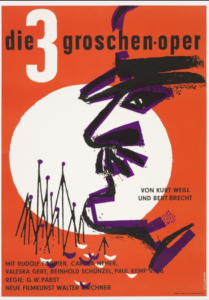

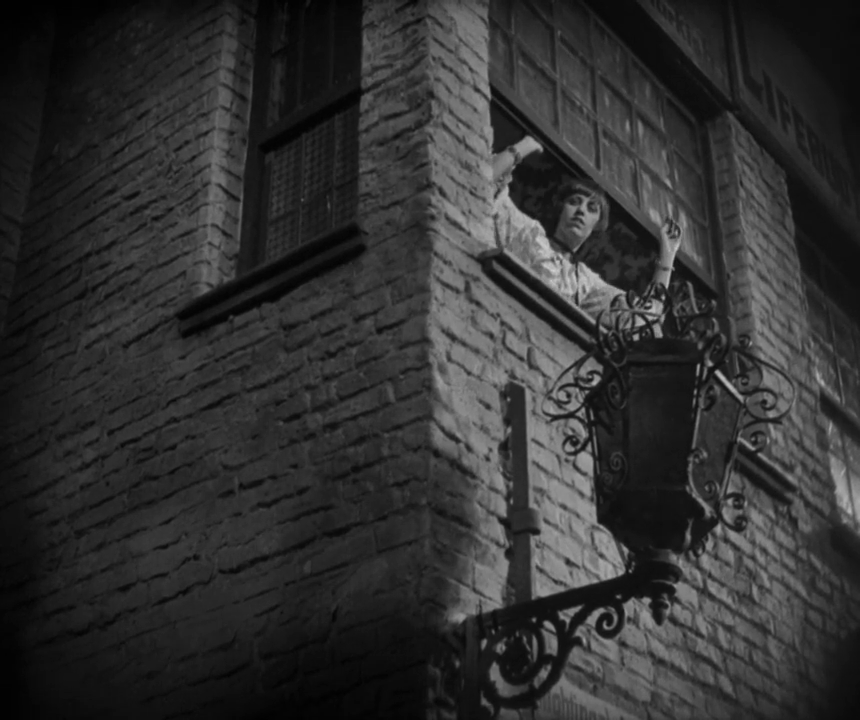
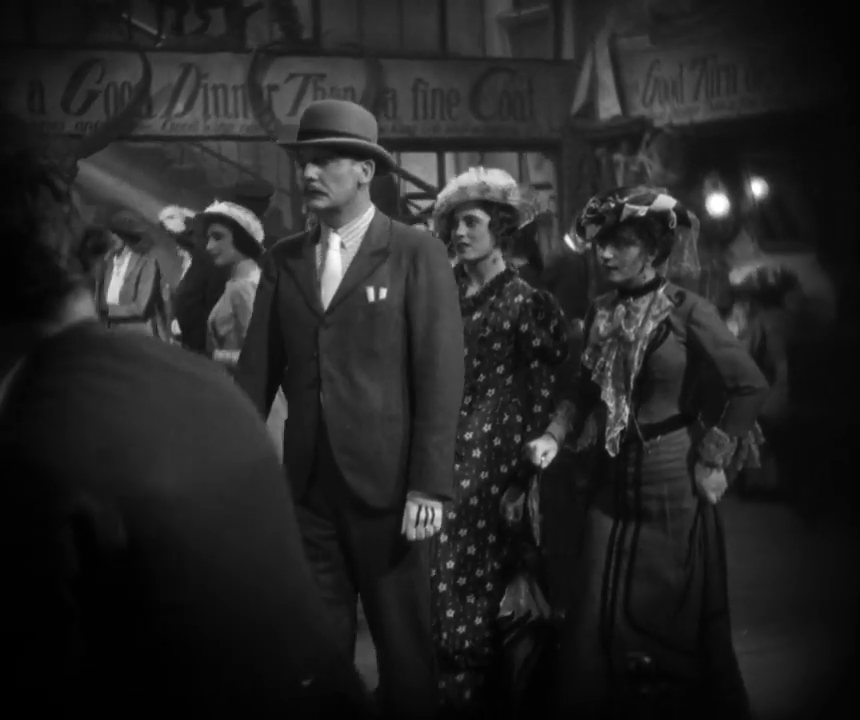
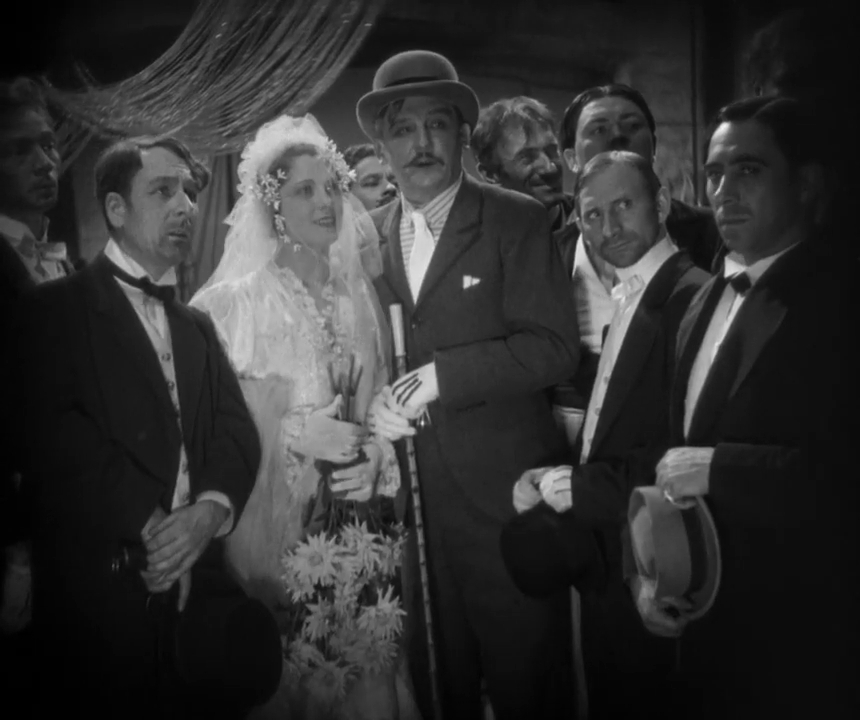
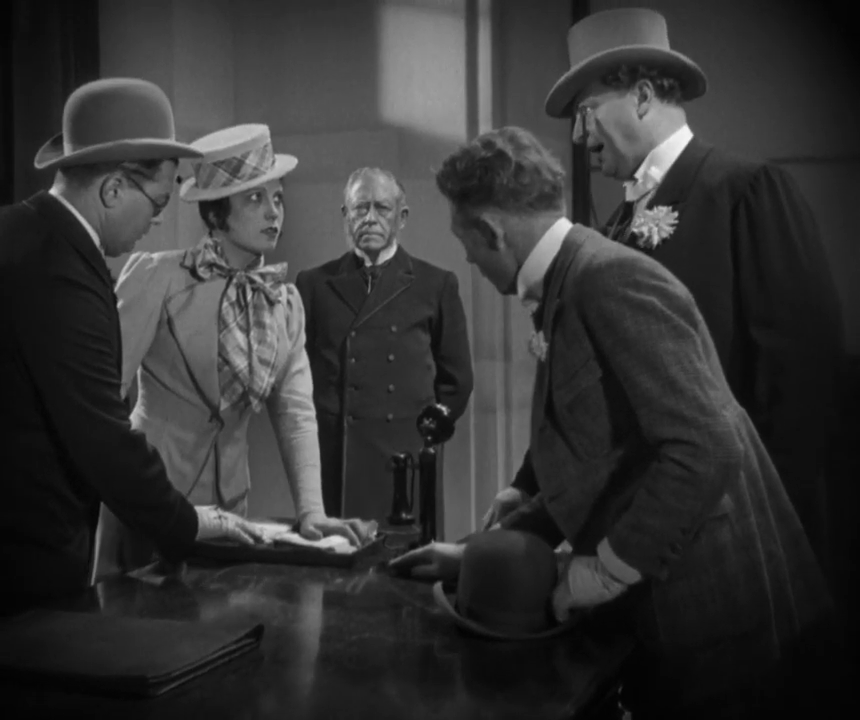
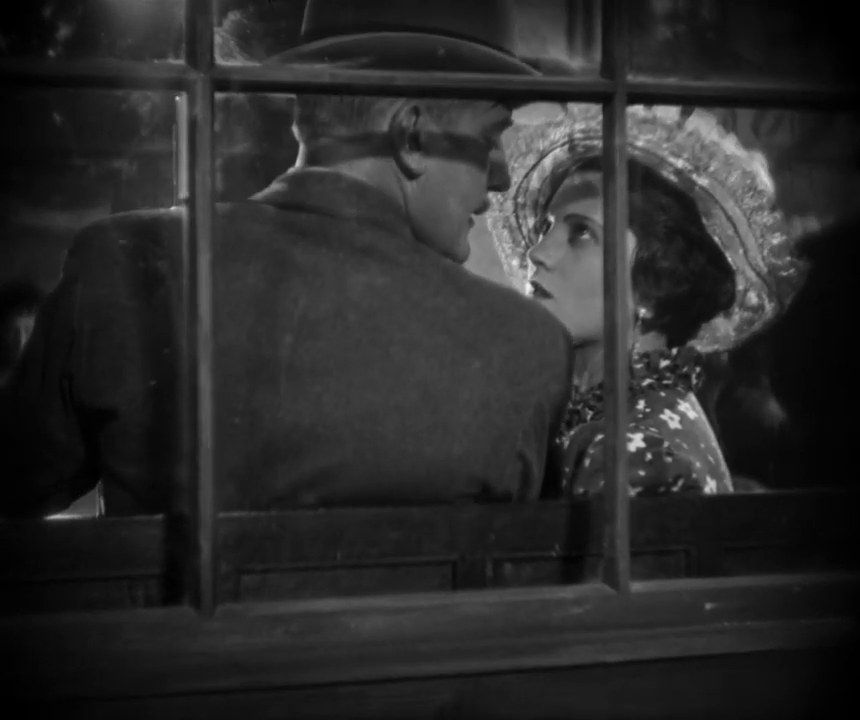
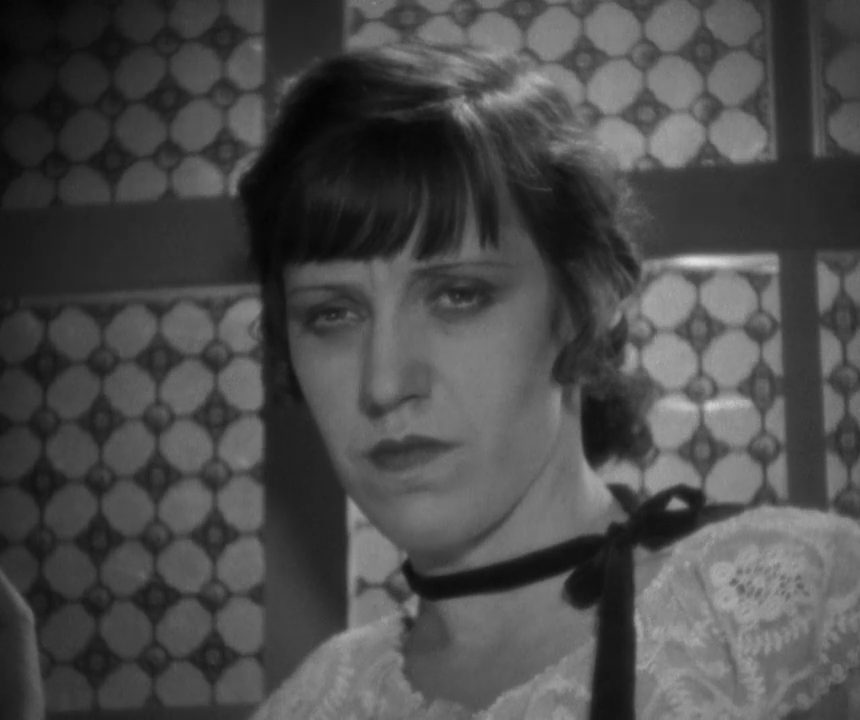
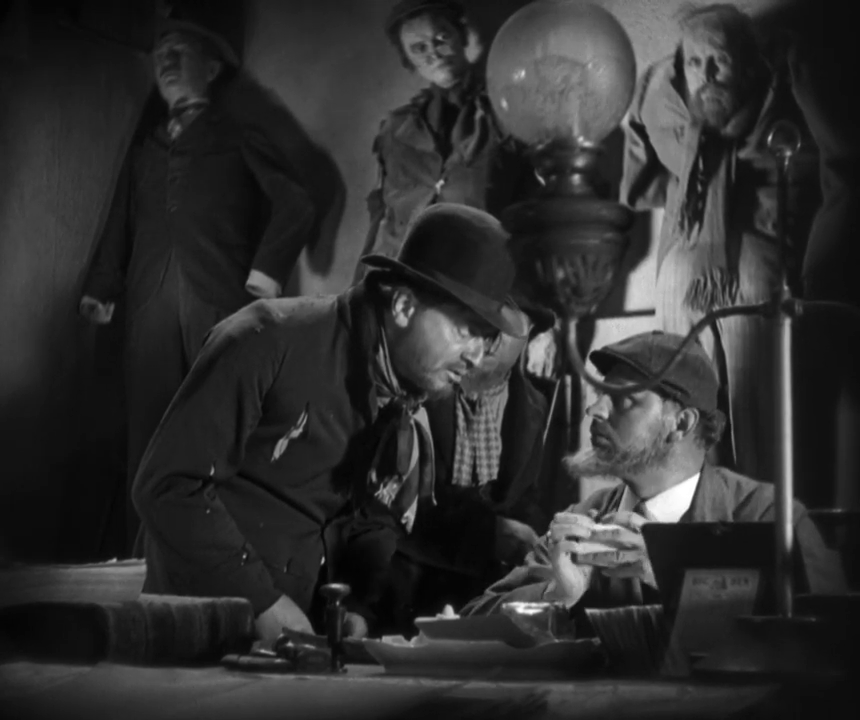
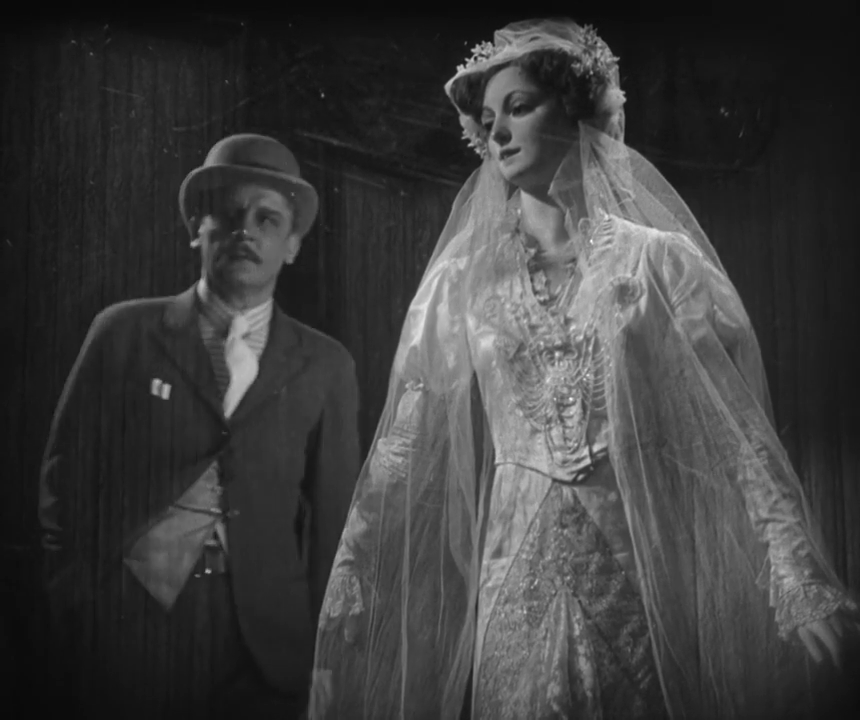
One thought on “Threepenny Opera, The (1931)”
First viewing. A once-must for its place in cinema history.
I’ll agree that the film is “more of a curio than a masterpiece”. With its episodic structure and its shaky storyline, it’s largely hard to follow – though, yes, its main thrust does come through as the film progresses. It’s just too bad that more of an effort wasn’t made towards creating a more powerful statement.
Still, Pabst’s direction keeps things interesting and the look of the film is consistently striking, esp. the production design which, in various settings, gives the film a strong, immensely detailed sense of place.